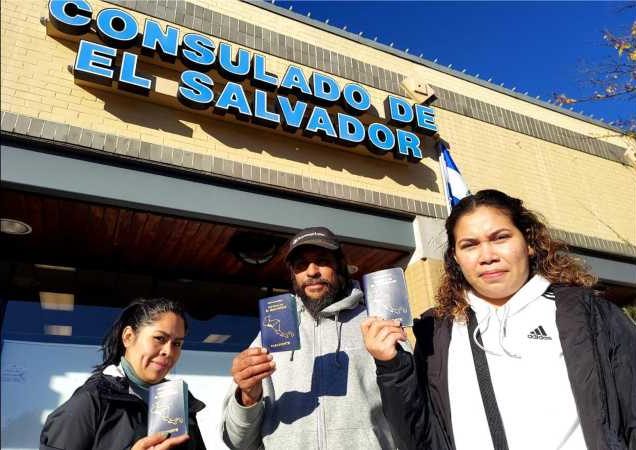In the presidential, legislative, and mayoral elections in 2024, the opposition parties to the government have an uphill road to achieving representation in the Legislative Assembly and the mayor’s offices, and this will not have to do with a lack of votes, but with the mechanism that will be adopted for the vote abroad.
The designation in the Special Law for Overseas Suffrage that the Diaspora can only vote for candidates to deputies of San Salvador reduced the possibility of the opposition parties winning legislative seats in that department.
This is stated by Eduardo Escobar, director of Acción Ciudadana, who considers that the deputies have approved “a gross distortion of representation by redirecting this number of votes or possible voters to the San Salvador constituency.”
He adds that this limits the possibility of the opposition represented in the minor parties to obtain seats in the largest constituency, San Salvador, which contributes 24 seats to the Assembly.
According to the expert, with the Special Law for Overseas Voting, approved by the Assembly a few days ago, several elements have been configured that enhance an unequal election with a tendency to favor the governing party.
The designation of the overseas votes only to the department of San Salvador is one of the elements that put the balance in favor of the ruling party, causing unequal competition, he says.
Escobar explains that the Assembly has redirected a flow of votes that do not correspond to that constituency to generate the most significant number of deputies in favor of the governing party.
Experto advierte “distorsión” de elecciones a favor del oficialismo en 2024
En las elecciones presidenciales, legislativas y de alcaldes en 2024, los partidos de oposición al gobierno tienen un camino cuesta arriba para lograr representación en la Asamblea Legislativa y en las alcaldías, y esto no tendrá que ver con falta de votos, sino con el mecanismo que se adoptará para el voto en el exterior.
Haber designado en la Ley Especial para el Sufragio en el Extranjero que la diáspora solo pueda votar por candidatos a diputados de San Salvador redujo de tajo la posibilidad de que los partidos opositores logren escaños legislativos en ese departamento.
Así lo afirma Eduardo Escobar, director de Acción Ciudadana, quien considera que los diputados han aprobado “una distorsión grosera de la representación al redirigir a este número de votos o posibles votantes a la circunscripción de San Salvador”.
Añade que lo anterior limita la posibilidad de la oposición representada en los partidos pequeños de obtener escaños en la circunscripción más grande, que es San Salvador, el cual aporta 24 curules a la Asamblea.
De acuerdo al experto, con la Ley Especial para el Sufragio en el Extranjero, aprobada por la Asamblea hace unos días, se han configurado varios elementos que potencian una elección desigual y con tendencia a favorecer al partido en el gobierno.
La designación de los votos del exterior solo al departamento de San Salvador es uno de los elementos que ponen la balanza a favor del partido oficialista, provocando una competencia desigual, dice.
Escobar explica que la Asamblea ha redirigido un caudal de votos que no le corresponde a esa circunscripción, con el fin de generar el mayor número de diputados a favor del partido en el gobierno.

